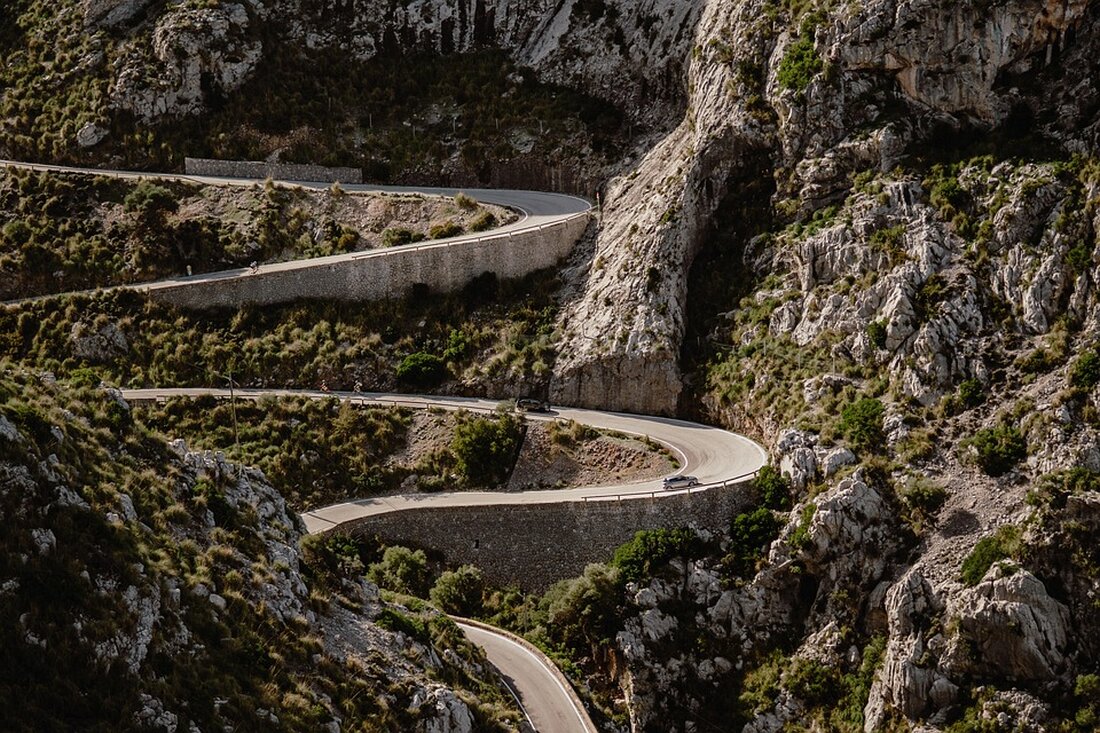Mallorca in transition: gentle tourism against overtourism!
Sustainable tourism in Mallorca: insights into the overtourism debate and ways to travel environmentally friendly on the island.

Mallorca in transition: gentle tourism against overtourism!
Mallorca, the largest island in the Balearic Islands in the Mediterranean, has established itself as a popular travel destination for German tourists. Around 13 million holiday guests visit the island every year, with around 40 percent of these tourists coming from Germany. Despite its diverse landscape, which includes sheltered bathing bays, limestone mountains, the UNESCO World Heritage Serra de Tramuntana, olive groves and old villages, Mallorca suffers heavily from the influence of mass tourism. Tourist strongholds such as El Arenal, Cala Ratjada and Palma are particularly affected.
NDR reporter Bettina Peulecke visited the island during the corona pandemic when there were only a few tourists. This unusual situation caused a slowdown, which many see as an incentive to promote sustainable practices in tourism. In her report she also addresses the increasing number of visitors and the challenges of overtourism, which Mallorca wants to actively counteract. For example, Balearic Prime Minister Marga Prohens promotes sustainable tourism as a solution to the island's problems.
Sustainable strategies and measures
In order to counteract the negative effects of mass tourism, Mallorca is pursuing a concept of gentle tourism. These include various measures that have been implemented for several years. One example is the introduction of construction freezes for large projects, which have been in effect since 2007 and are aimed at protecting the island's landscape. Currently 40 percent of the island is designated as a nature reserve.
In addition, an alcohol ban was introduced in certain areas in April 2019 to reduce the impact of party tourism, particularly around the Ballermann. The introduction of an eco-tax, also called Ecotasa, for tourists since 2016 helps support culture and the environment.
- Förderung nachhaltiger Hotels, die regenerative Energien nutzen.
- Reduzierung von Abfall und Wasserverbrauch.
- Ausbau der Infrastruktur zur Verringerung des Individualverkehrs.
The family from Swabia shows how sustainably managed accommodation, such as the all-inclusive hotel in Port d'Alcudia, which has been practicing circular economy for ten years, can also be attractive for tourists. Such and similar projects are part of the commitment to responsible tourism.
Tips for a sustainable stay
Holidaymakers on Mallorca can also contribute to more sustainable tourism themselves. Here are some tips:
- Bevorzugen Sie einheimische und saisonale Produkte beim Essen.
- Nehmen Sie öffentliche Verkehrsmittel oder das Fahrrad anstelle eines Mietwagens.
- Vermeiden Sie überlaufene Strände und respektieren Sie die Natur.
- Reiseoptionen wie Zug- und Fährverbindungen bieten umweltfreundliche Alternativen zum Flugzeug.
- Mülltrennung und die Mehrfachverwendung von Handtüchern helfen, Ressourcen zu sparen.
The development towards more sustainable tourism in Mallorca is a shared task that extends from political decision-makers to holidaymakers. While the Corona pandemic brought some of the challenges of overcrowded mass tourism into focus, there is now an opportunity to transform these valuable experiences into a future-oriented concept.
For more information about sustainable tourism in Mallorca, visit the articles on NDR and Vacation tracker.

 Suche
Suche
 Mein Konto
Mein Konto